Triple J’s 1990s poster child Jane Gazzo says station has lost its sound and isn’t making superstars
Veteran music journalist and 1990s Triple J “poster child” Jane Gazzo has diagnosed the national station’s downfall: “They don’t take risks anymore, have lost their indie sound, and no one gets a good run”.
Confidential
Don't miss out on the headlines from Confidential. Followed categories will be added to My News.
Veteran music journalist Jane Gazzo is lifting the lid on the downfall of Triple J on music industry legend Michael Parisi’s new podcast, Vinyl Tap.
Recalling her days as the Triple J “poster child” and hosting ABC’s live music TV series Recovery in the 1990s, Gazzo broke down what’s wrong with the station today.
“You could time your watch to when Recovery finished at noon on Saturday, and literally in two hours the local record shop would be packed with teenagers asking for the T-shirts and CDs of the band they’d seen,” Gazzo said.
“By Monday morning he would have to reorder. What [the owner] loved about it was it didn’t matter if they were a tiny Aussie band no one had heard of, or Green Day. It sold.”
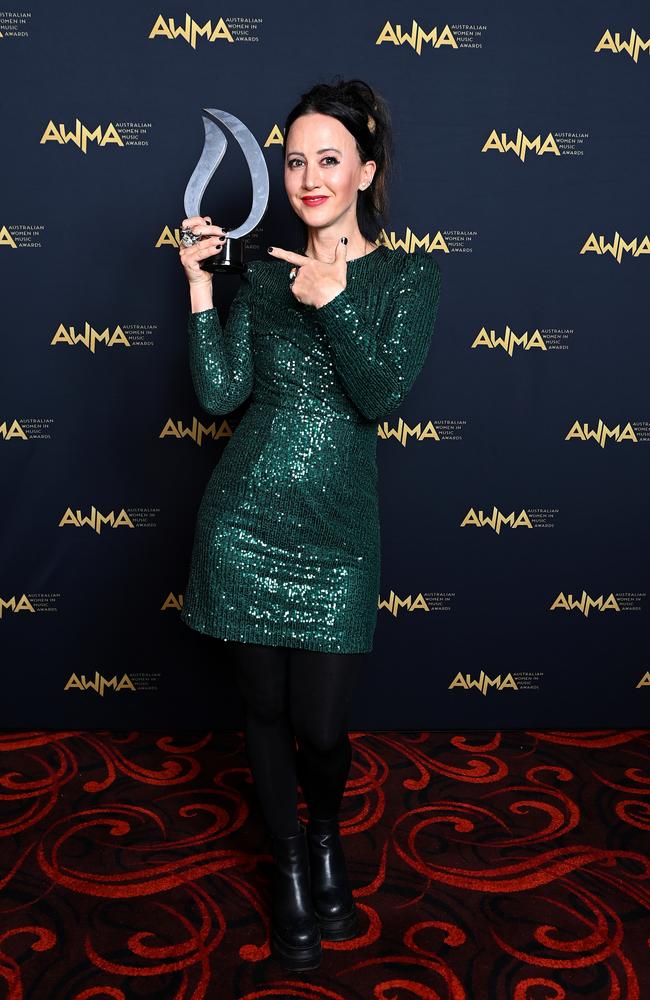
In the episode that will air on Tuesday, Gazzo and the 16-million-album-selling artist manager talk shop through the decades— from her start with the national rollout of Triple J, to her time as Courtney Love’s PA, and a strange call with Harvey Weinstein.
If she was hypothetically given the keys to the ABC radio kingdom in 2023: “The first thing I’d do would be change the playlists at Triple J and Double J,” Gazzo said.
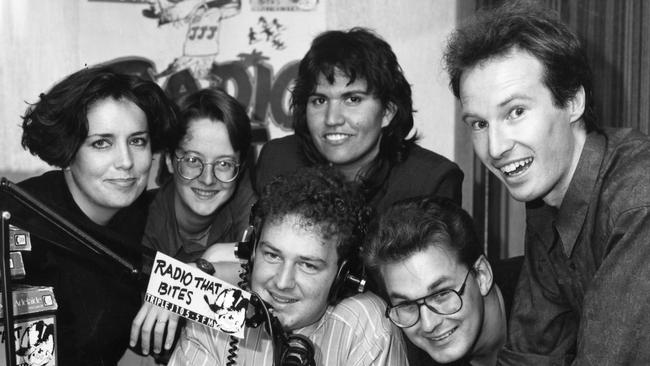
“When we broke artists in the 90s in Australia, high rotation at that point meant seven to eight song plays a day. High rotation on Triple J now means five plays a week. I think there’s so much music on that station that no one gets a really good run, and therefore we’re not creating superstars the way we did.”
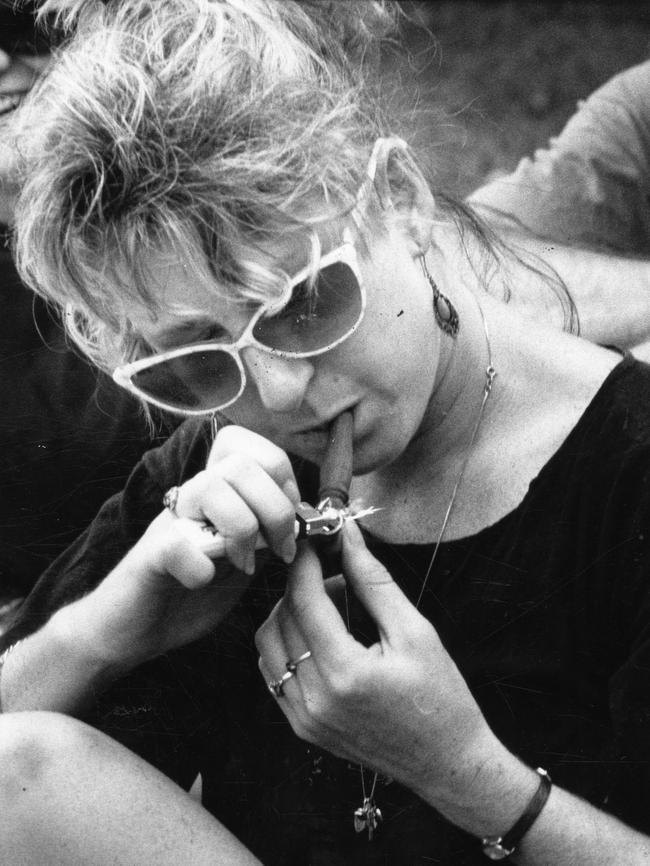
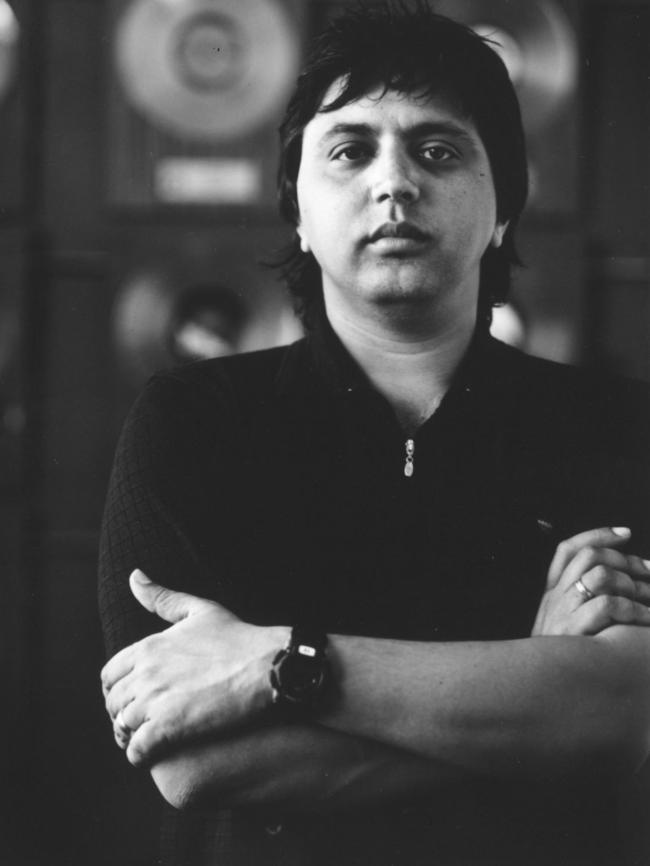
TikTok and streamers like Spotify and Apple Music have changed how youth discover music, the duo agreed, but that hasn’t removed the station’s purpose.
“To create careers for artists, they have to look at how much they’re placing on high rotation.
I also think they’ve lost their sound,” Gazzo said.
“The sound of Triple J in the 90s was indie youth culture, cutting edge, risky. It doesn’t take risks anymore.
“That permeates right through the industry,” Parisi agreed.
“People don’t take chances, whether it’s radio, or record labels. The line is ‘don’t rock the boat we’ve got to balance the books’.”
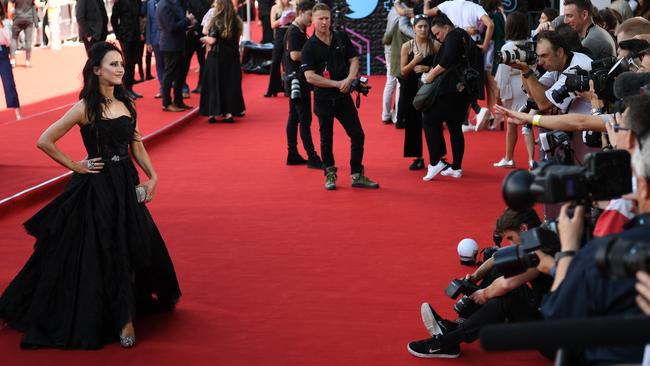
Restoring Triple J to its former taste-making glory would “require some big personalities, people who don’t care,” Gazzo said.
Last week, the 46-year-old was honoured at the Australian Women In Music Awards, taking home the best Music Journalist award.
The other missing link for the current generation, she and Parisi agreed, is the lack of a “decent” Australian music television show.
The Top 40 music countdowns that were “vital to our musical upbringings” are no more.
Gazzo is the second guest on Parisi’s podcast, and the episode airing on October 3rd was previewed by Sydney Confidential with permission.




